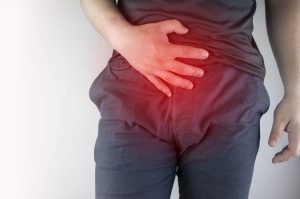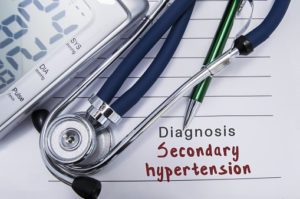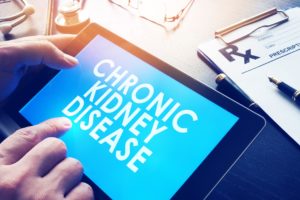Frequent urination is an issue that many Americans live with but figuring out the cause can be a difficult task. Some of the possible reasons for this problem can include an overactive bladder, enlarged prostate or a urinary tract infection. One other possibility could be due to a medical condition called polyuria.
People with polyuria create more urine than normal. Most adults make approximately 3 liters of urine per day. However, those with polyuria generate up to 15 liters, or five times the normal amount of urine every day. While the other above-mentioned conditions make you feel as if you have to go, even if there isn’t much urine in your bladder, those with polyuria must go because they have excess urine.
Symptoms of polyuria often include frequently feeling thirsty. This is because people with the condition lose a great deal of fluid, which can lead to dehydration. Unfortunately, the urge to urinate when you sleep doesn’t go away, so those with polyuria also usually wake up multiple times at night to go.
Polyuria is usually an indicator of diabetes. This is because the condition makes sugar build up in your bloodstream. If your kidneys are not able to filter it out, it exits your body in your urine. As the extra sugar and fluids travel through your kidneys, you have to pee more.
Pregnant women with gestational diabetes can also develop polyuria as can those with kidney or liver disease. Other factors that can contribute to this condition include taking certain medications or consuming too much caffeine or alcohol.
How you control polyuria depends on what’s causing it. For example, if you have diabetes that isn’t under control, you may need to make changes to your treatments. If a medicine you take is the cause, talk to your doctor about switching to another drug or changing your dose. At home, cut back on how much fluid you drink, especially those that have alcohol and caffeine.
If you are experiencing symptoms of polyuria, schedule an appointment with your doctor. Through a detailed physical examination and battery of testing options, which may include urine, blood, glucose, and water deprivation tests, they can accurately diagnose polyuria and determine a course of treatment.
To make an appointment with a urologist at Flushing Hospital Medical Center’s Ambulatory Care Center, please call 718-670-5486.
All content of this newsletter is intended for general information purposes only and is not intended or implied to be a substitute for professional medical advice, diagnosis or treatment. Please consult a medical professional before adopting any of the suggestions on this page. You must never disregard professional medical advice or delay seeking medical treatment based upon any content of this newsletter. PROMPTLY CONSULT YOUR PHYSICIAN OR CALL 911 IF YOU BELIEVE YOU HAVE A MEDICAL EMERGENCY.



